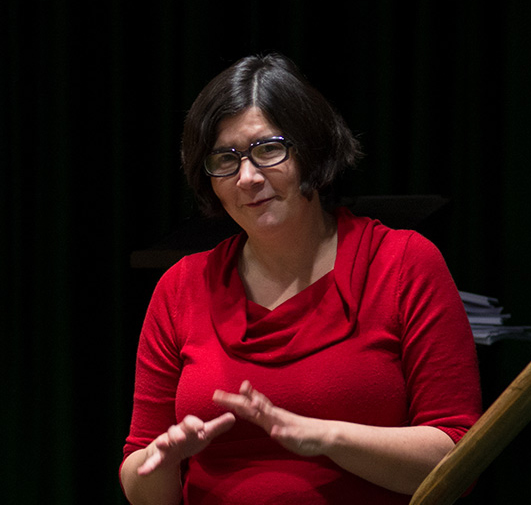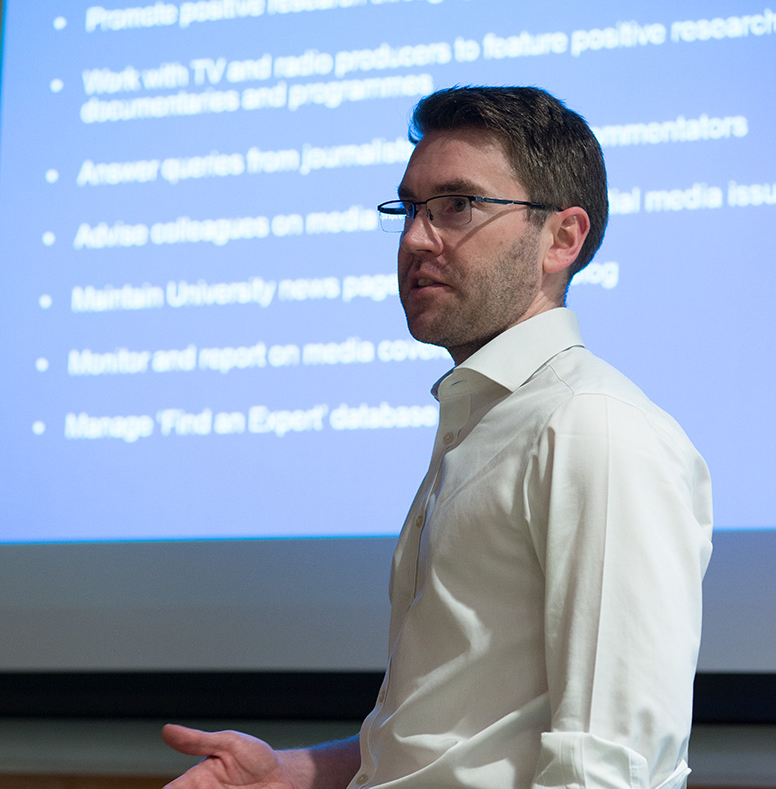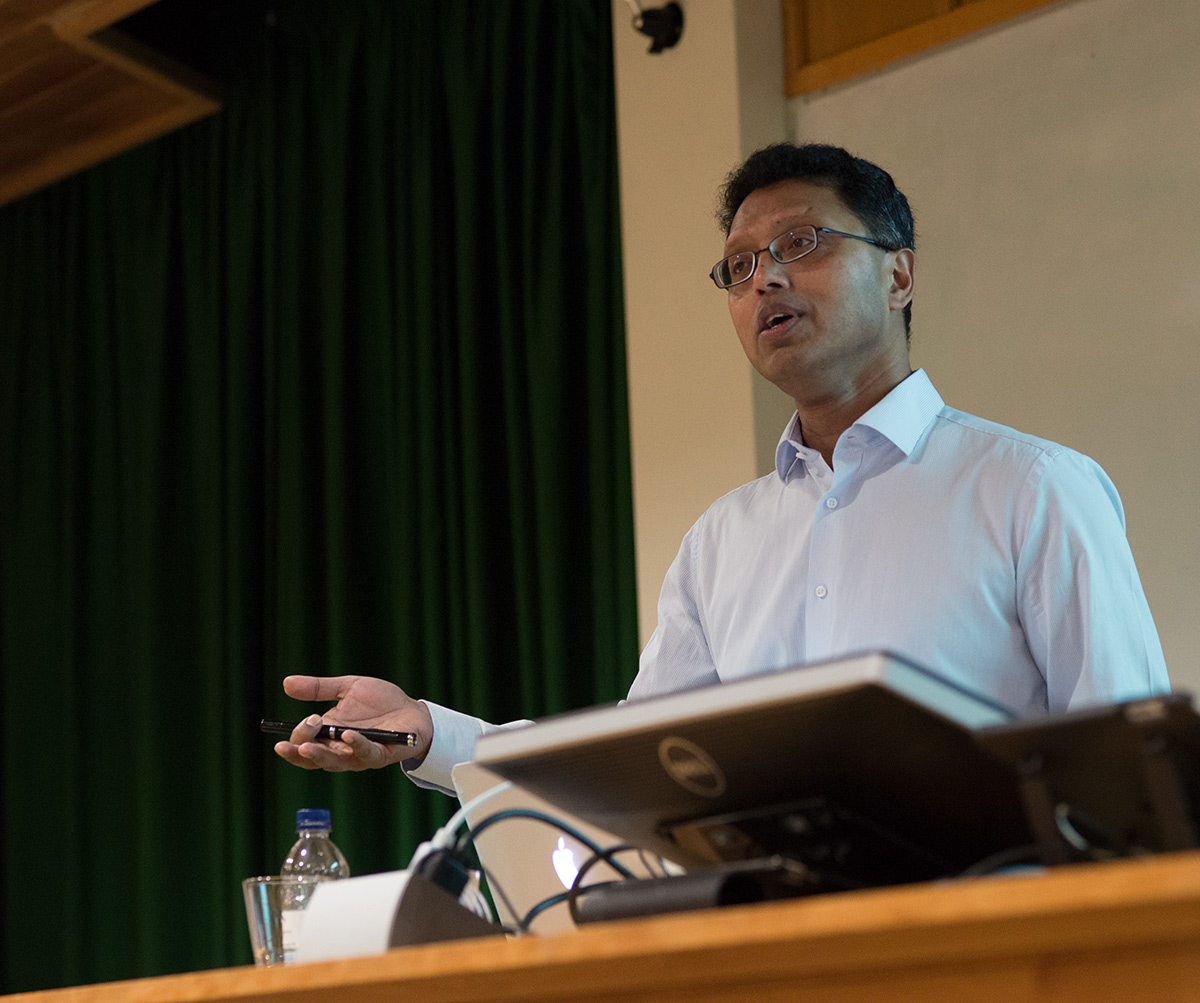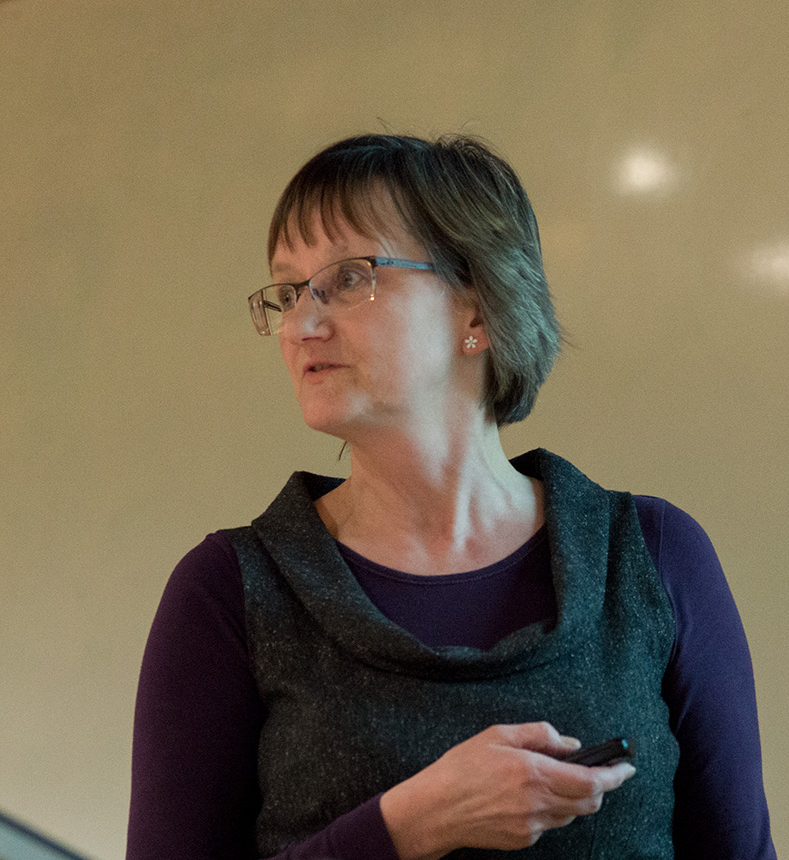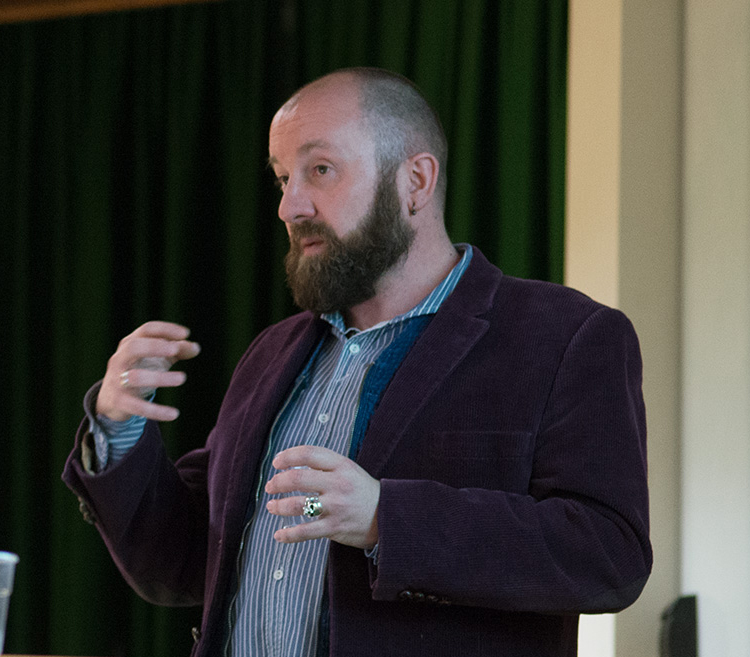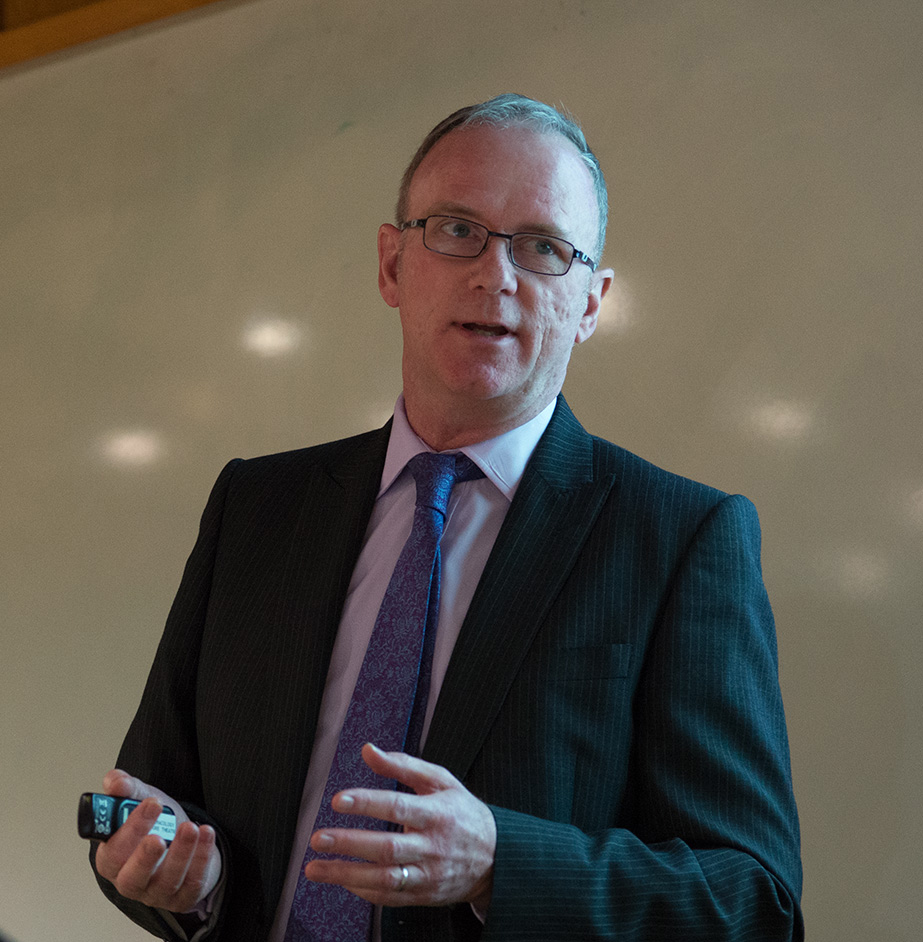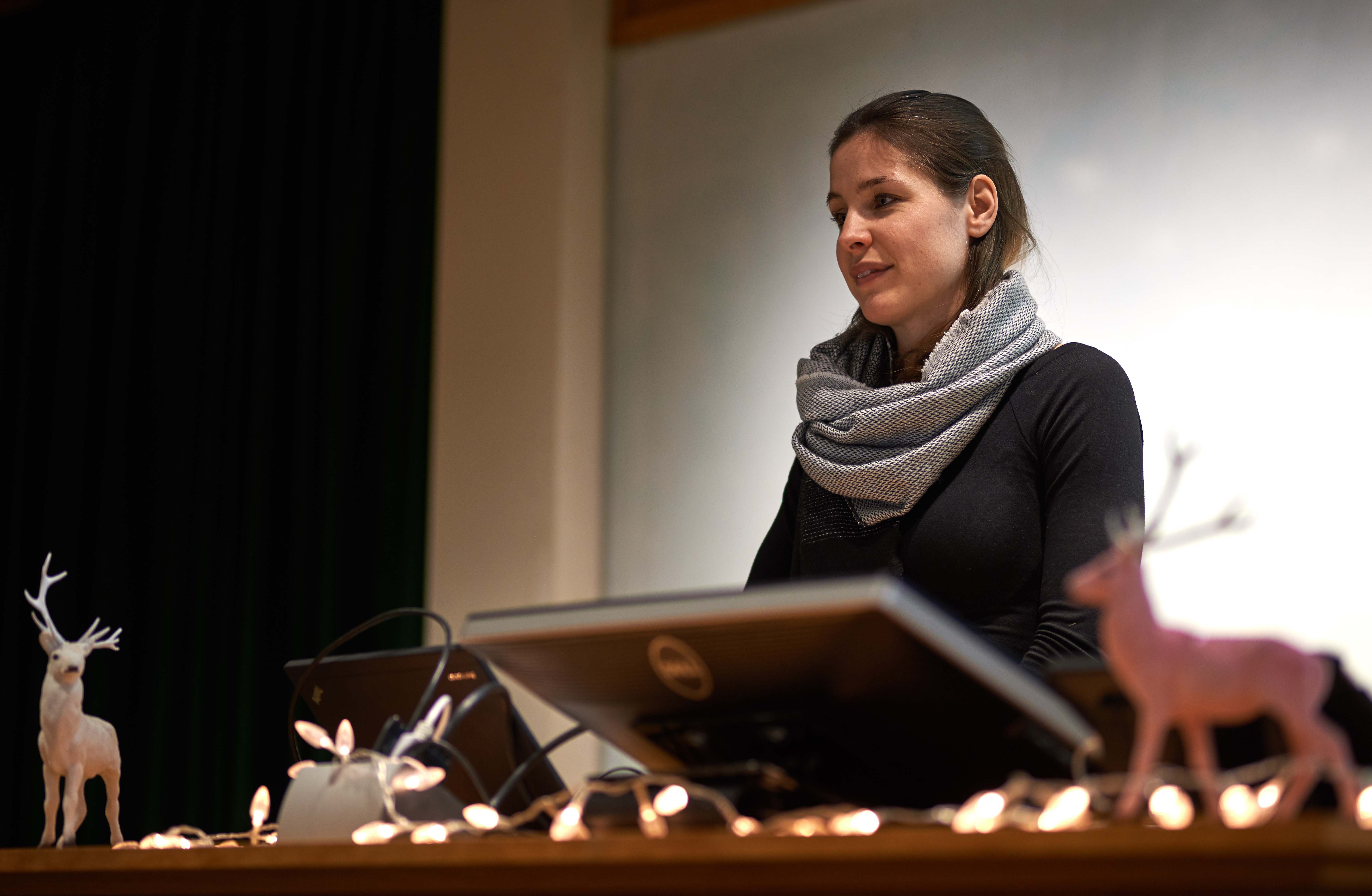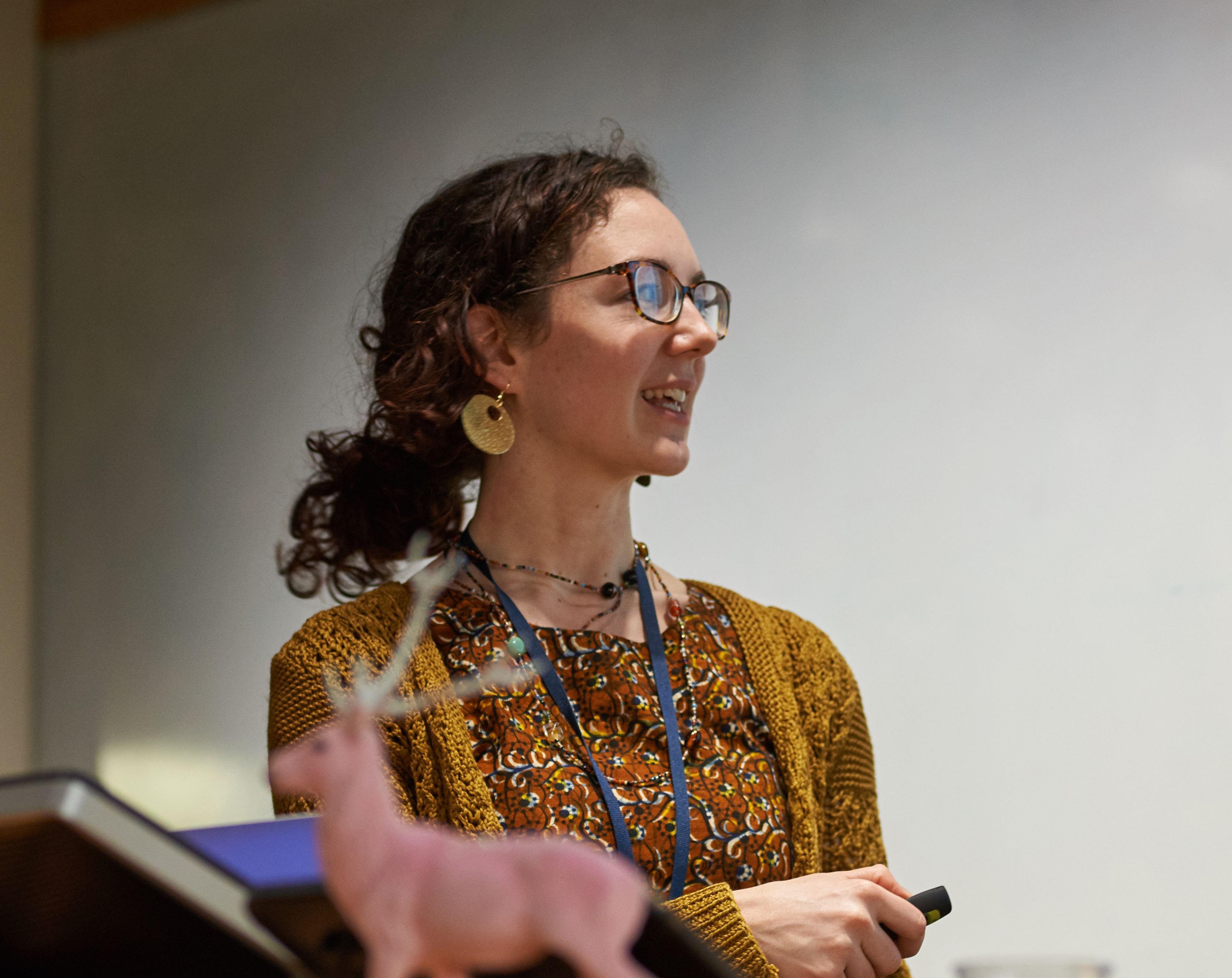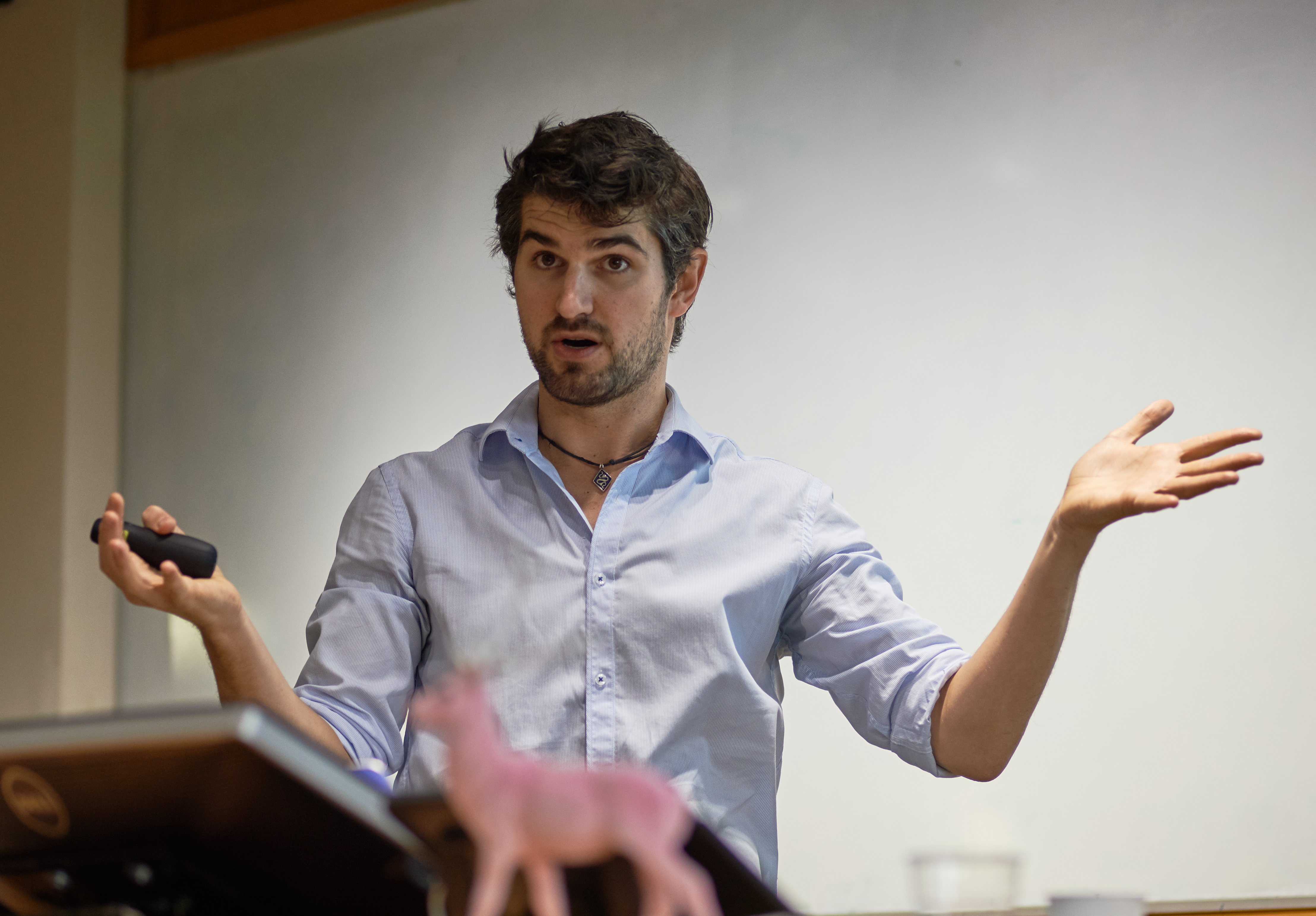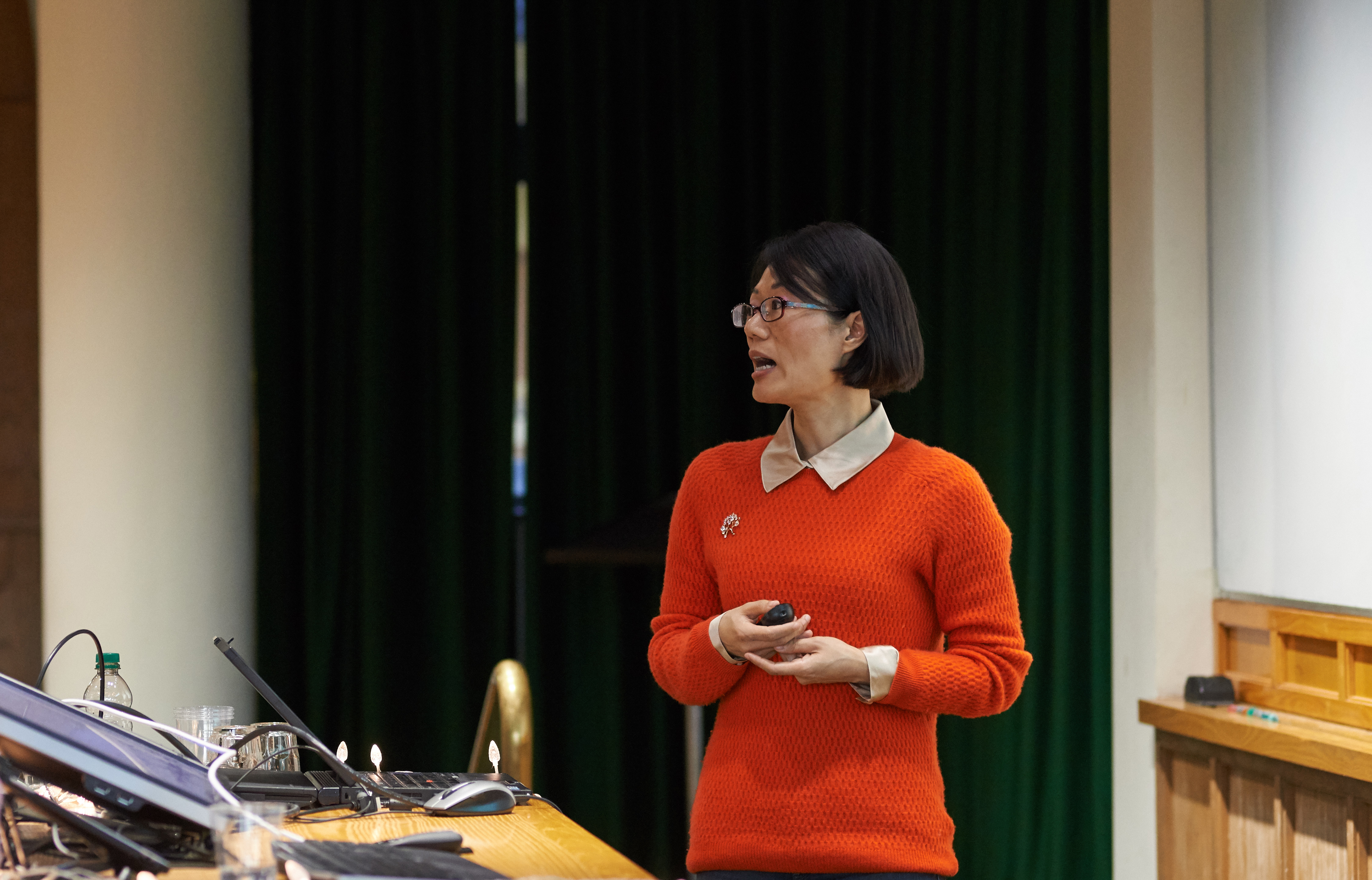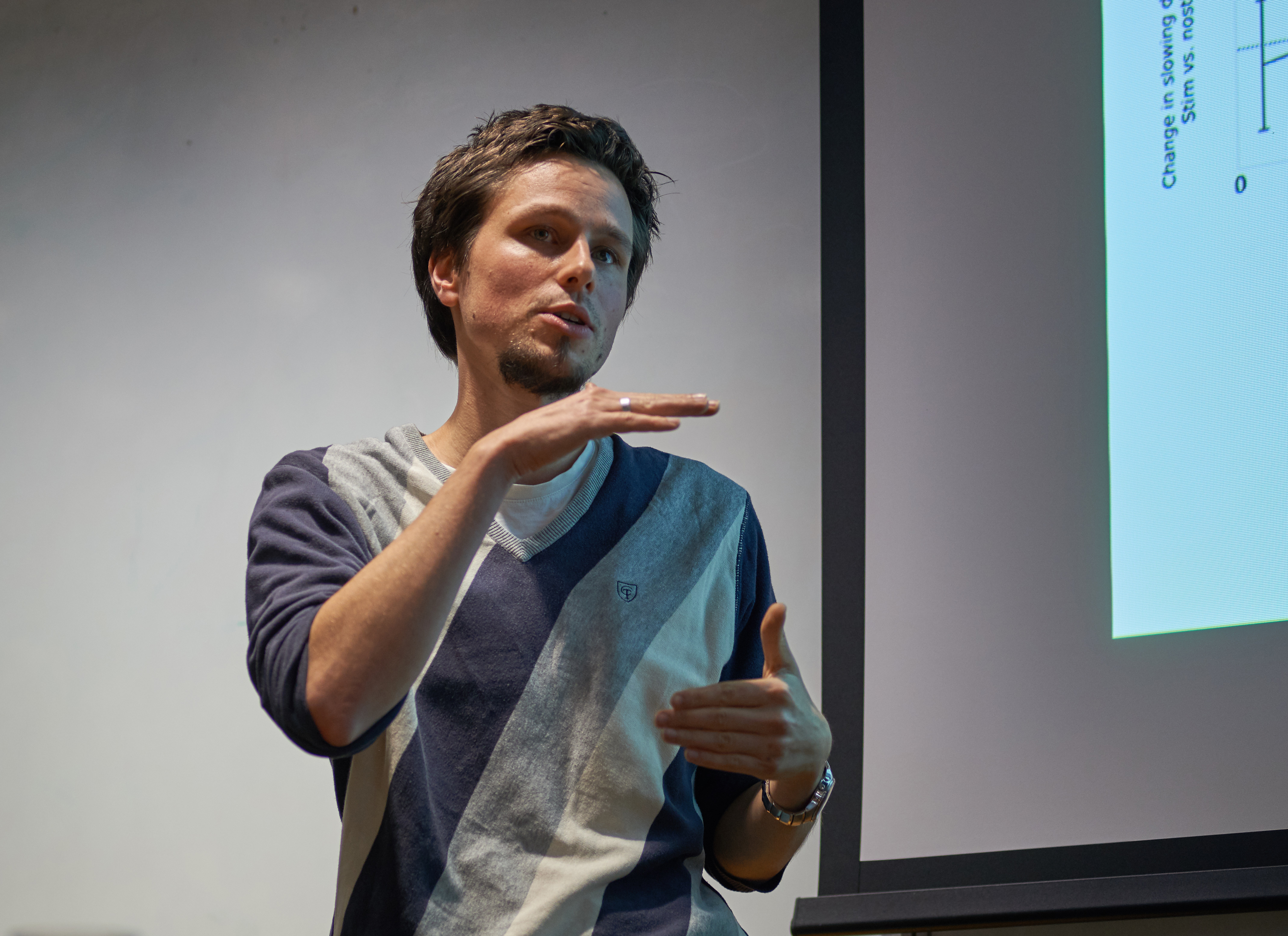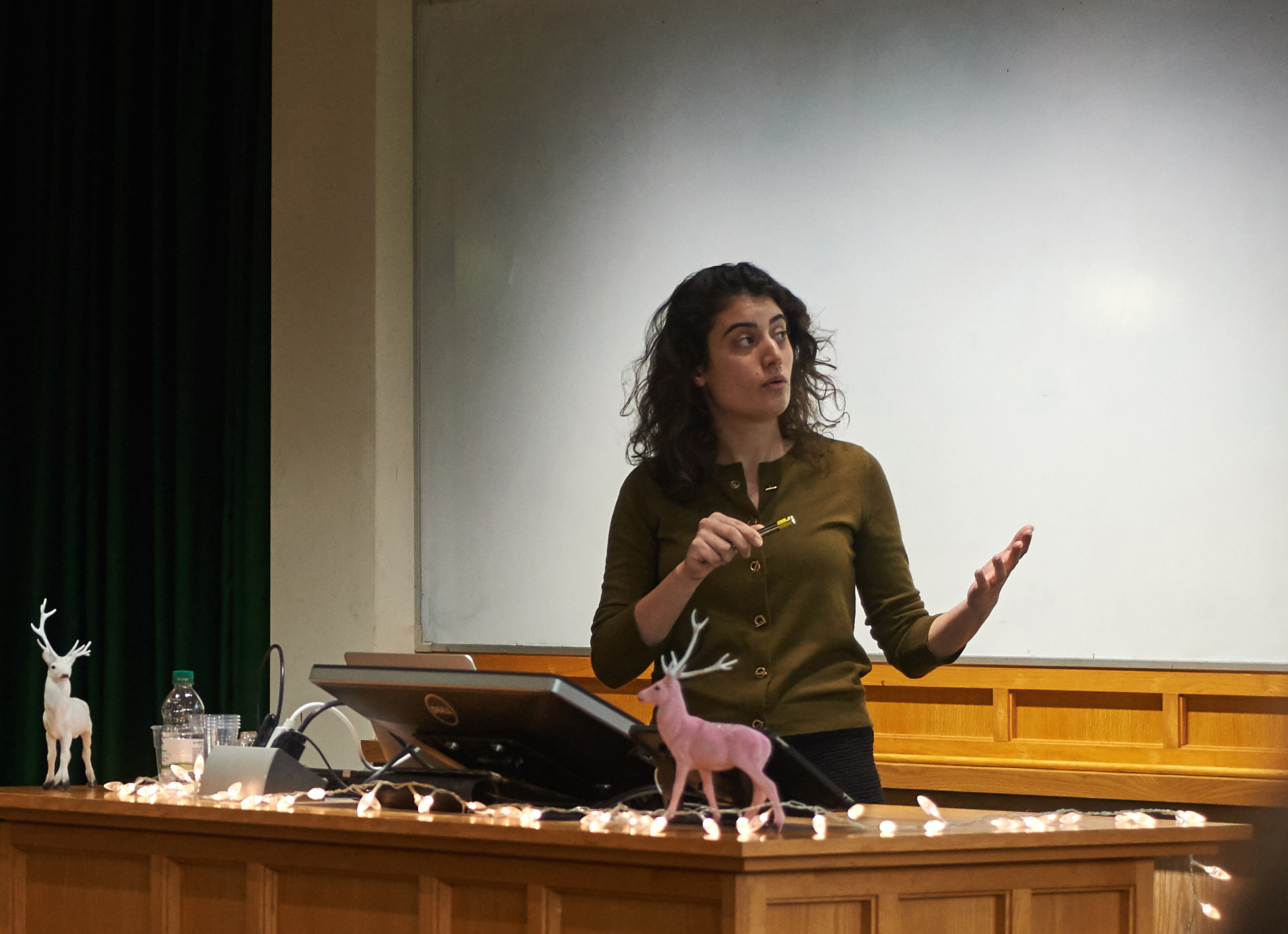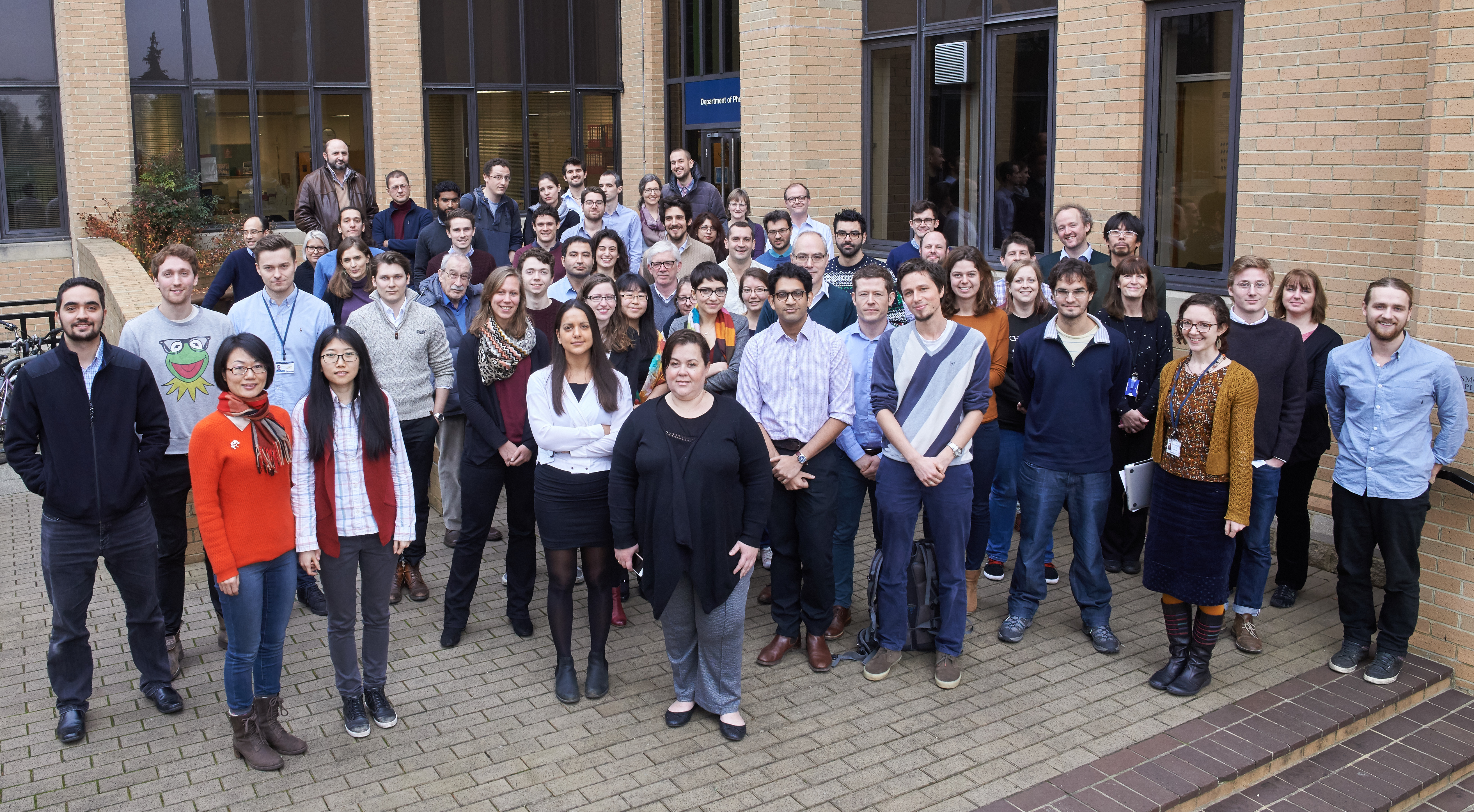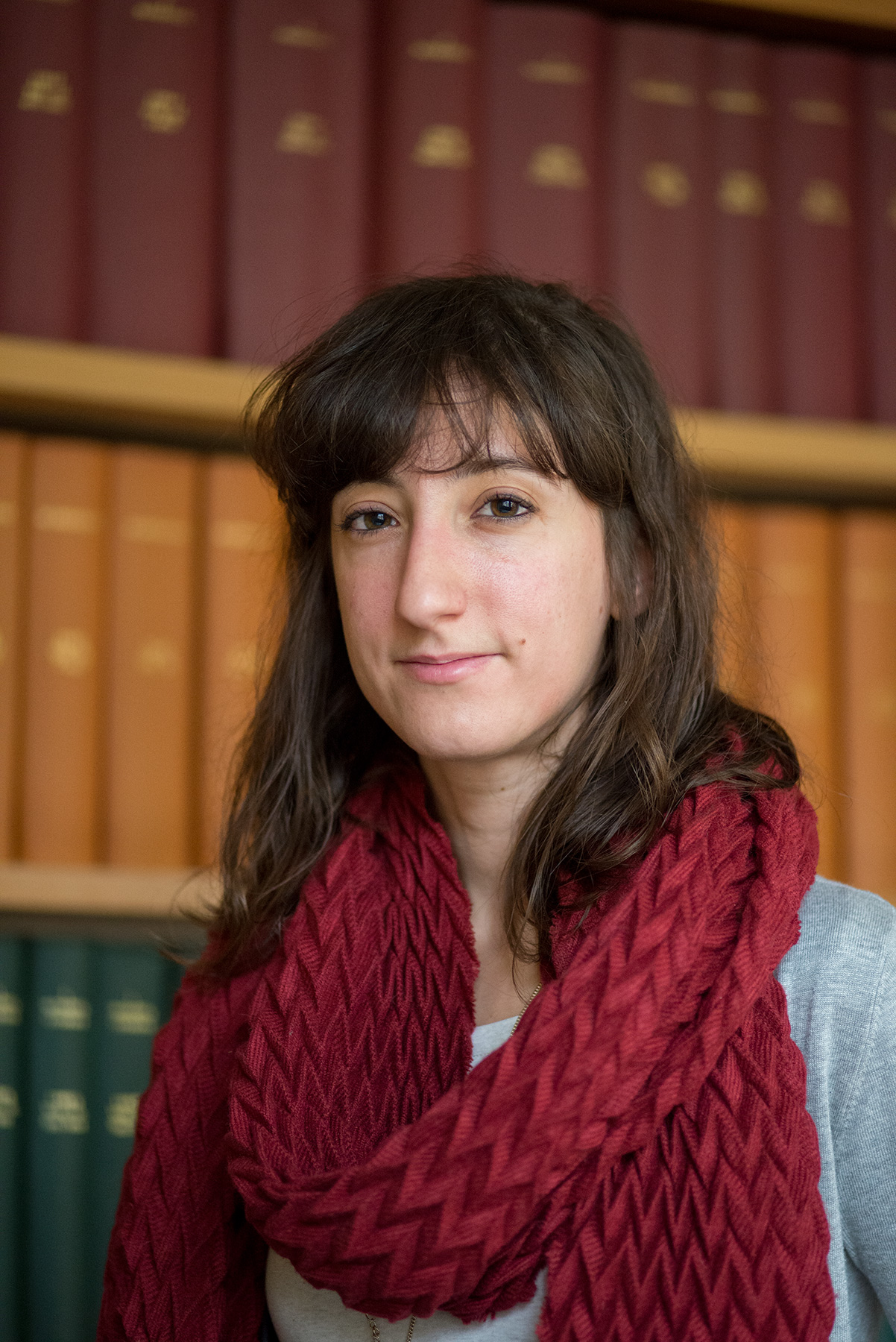
We are pleased to welcome Dr Flavie Torrecillos to the Unit as a Rosetrees Trust Fellow in the Brown Group. Flavie graduated with a first degree in Integrative and Cognitive Neurosciences in 2012, and then obtained her Ph.D. in Neurosciences from the Aix-Marseille University, France, in 2016. Her doctoral research was supervised by Dr Nicole Malfait at the Institut de Neuroscience de la Timone in Marseille, France. The focus of Flavie’s work was the electrophysiological correlates of error processing in the context of sensorimotor adaptation, for which she used electroencephalogram (EEG) recordings in combination with visuomotor tasks. Specifically, Flavie explored modulations in beta-band sensorimotor oscillations and, as her thesis progressed, she developed a great interest in this type of oscillatory activity in the brain.
Here in the Unit, Flavie will be working closely with Professor Peter Brown on a project exploring beta-band oscillations in the pathophysiology of Parkinson’s disease, with a view to clarifying the neuronal basis of the motor and cognitive impairments arising in this disorder.
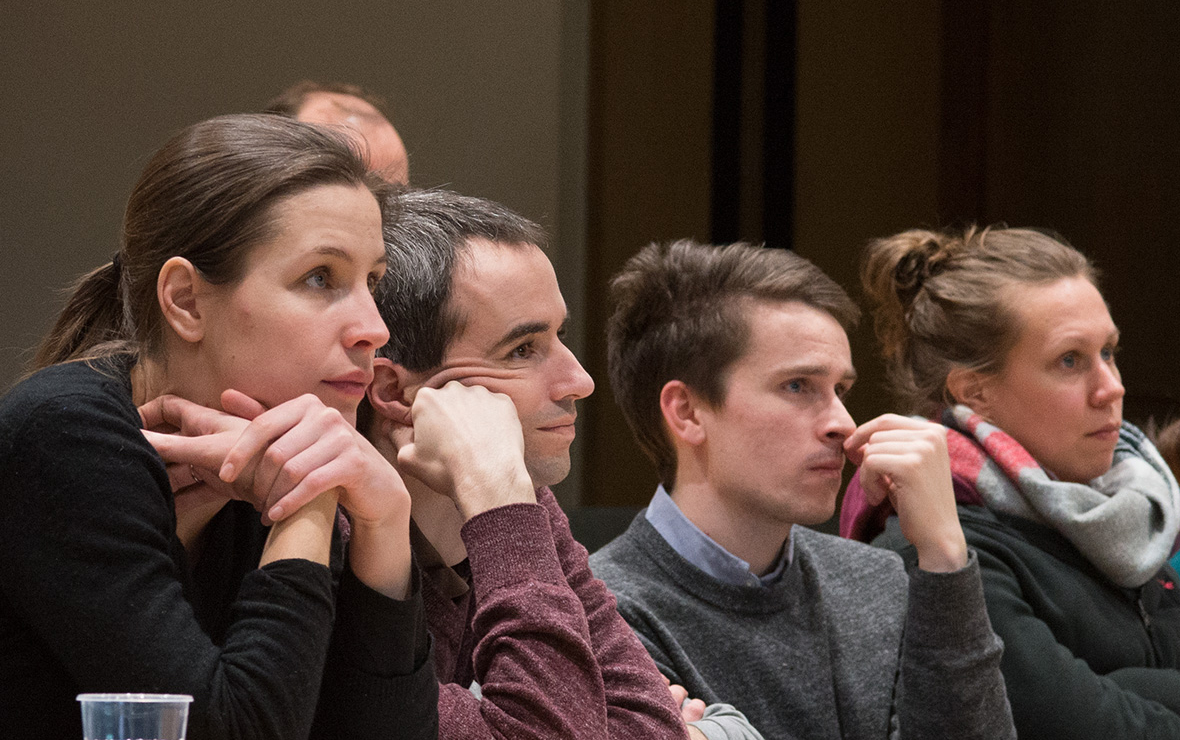
The Unit held another of its Training & Careers Development Events on Friday 27th January. Unit members and departmental colleagues were treated to a range of entertaining and informative presentations from expert speakers, each of which was followed by a lively Q & A session.
Alison Brindle, Divisional Communications Manager, and Chris McIntyre, Media Relations Manager, of the University of Oxford’s Medical Sciences Division, gave a joint presentation and some timely guidance on how a variety of resources can be used to raise the wider profile of research outcomes. This was followed with a talk by Professor Masud Hussain from the University of Oxford, in which he candidly revealed his ‘top tips’ for writing successful grant applications. Dr Gary Gilmour, Research Advisor in Translational and Integrative Neuroscience at Eli Lilly & Company Ltd., then gave a discerning account of the similarities and differences between research careers in academia and the pharmaceutical industry, as well as some valuable insights on how to successfully transition across the two sectors. Dr Ian Birch-Machin, Department Leader at AdaptImmune Ltd., then narrated his career trajectory, from graduate student to senior management roles in commercial research, and gave some welcome careers advice for those aspiring to work in the biotechnology industry. Unit Administrator Dr Vivienne Collins completed the Event with a talk raising awareness of Unconscious Bias in the workplace.
Unit Deputy Director Peter Magill commented “Wider training and career development continue to be a priority for the Unit. Thanks to our expert speakers, and the enlightening presentations they delivered, we are well positioned to meet the challenges ahead.”
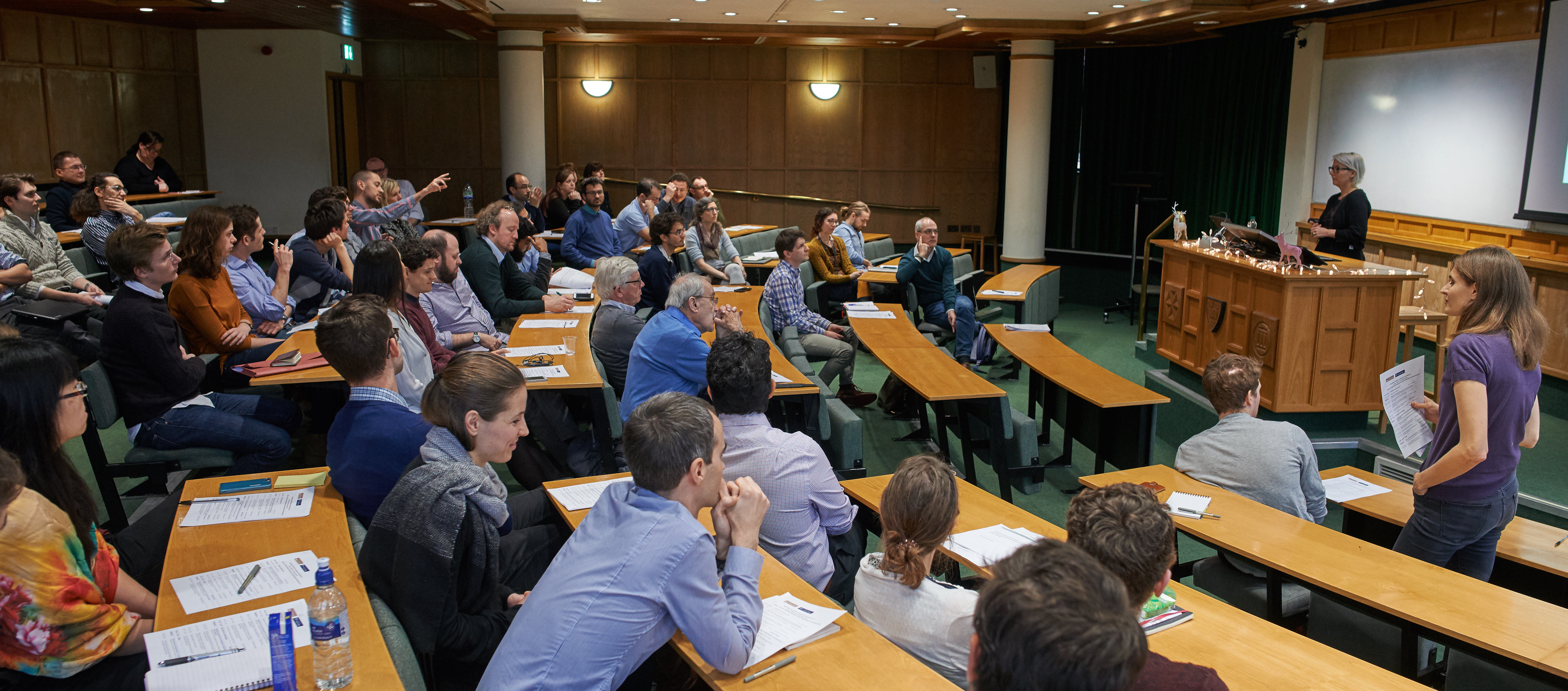
The Unit held its fourth Science Day on Friday 16th December 2016. Ongoing and future research projects were the focus of discussion, and Unit members and visitors eagerly took the opportunity to give the constructive criticism that is needed to nurture world-leading research.
There were 15 short talks and 5 poster presentations, all of which were given by the Unit’s students and early-career scientists. Unit Director Peter Brown commented “It was inspiring to see the excellent progress being made by the newer generations of talented scientists in the Unit. Their discoveries are really pushing back the frontiers of brain research, and their creative and collaborative thinking continues to generate exciting leads for future investigations.”
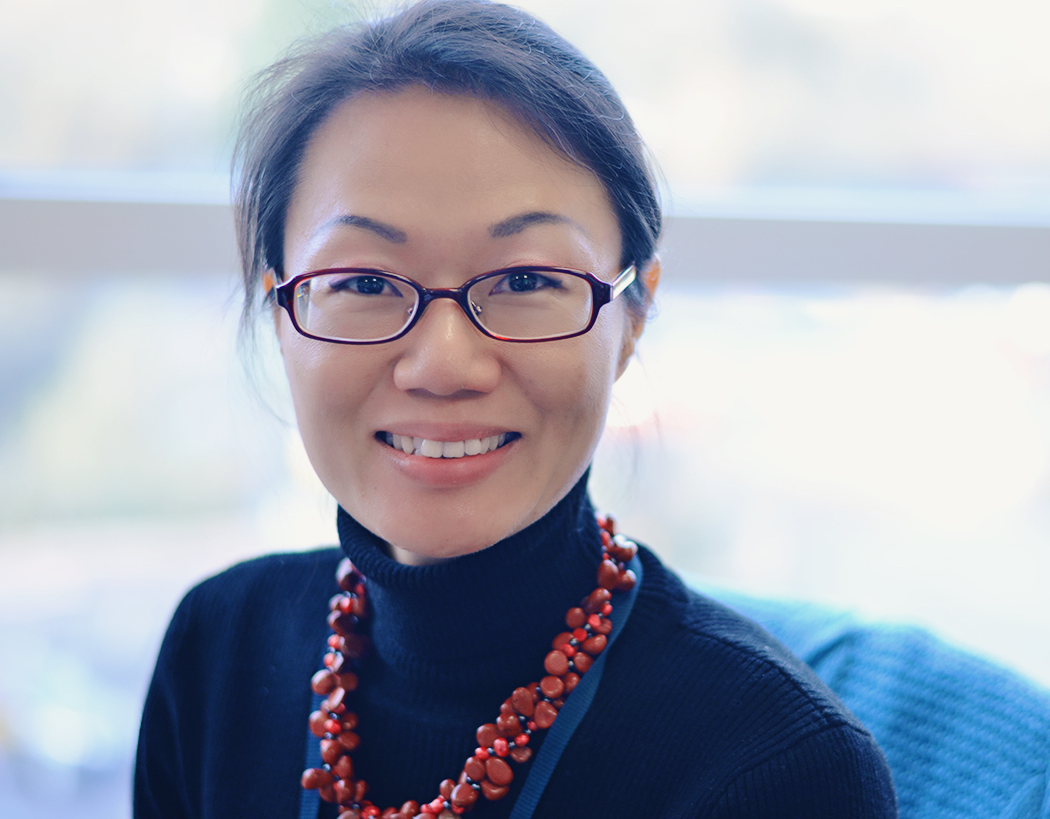
Congratulations to Unit scientist Dr Huiling Tan who has been awarded a three-year New Investigator Research Grant (NIRG) by the Medical Research Council.
The implantation of electrodes into deep brain structures is a well-established therapy for a number of neurological conditions, such as Parkinson’s disease, dystonia and essential tremor. New developments in implantable devices with capacities for chronic recording and real-time data transmission are opening up new vistas on the use of nerve cell signals to control ‘Brain-Machine-Interfaces’ for increased therapeutic benefit. Huiling will exploit this research opportunity in her MRC NIRG, and develop Brain-Machine-Interface systems based on nerve cell signals (local field potentials) recorded from deep brain structures (the basal ganglia) for neuroprosthetic control and neurofeedback therapy, whilst using this novel framework to answer fundamentally important questions about how nerve cell networks operate in the human brain.
The MRC NIRGs are highly competitive and are tailored for promising early-career researchers who are capable of becoming independent Principal Investigators and who are ready to take the next step towards that goal. Huiling will start the work on her NIRG in 2017.
Huiling is the second Unit scientist to be awarded an MRC NIRG. In 2015, Dr John-Stuart Brittain won a NIRG to advance his research on the neuronal mechanisms of tremor in neurological disease.
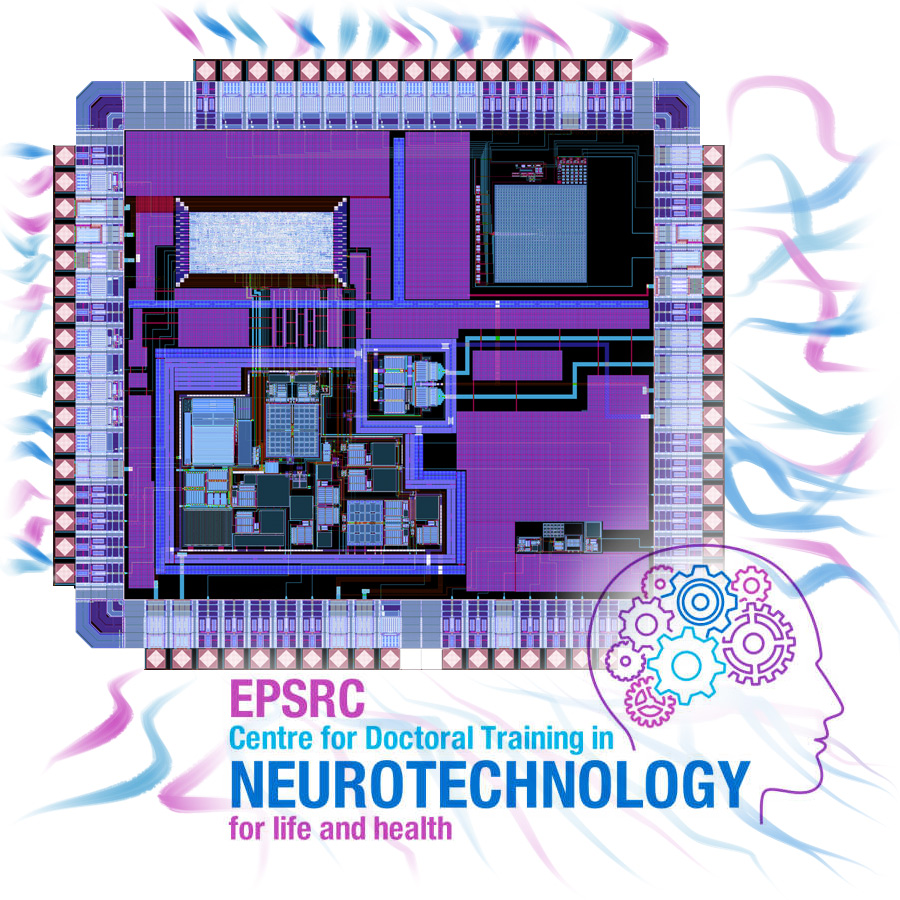
We are delighted to report that the Unit’s collaboration with Neurotechnology at Imperial College London is thriving through our joint supervision of studentships at the EPSRC Centre for Doctoral Training in Neurotechnology for Life and Health at Imperial College London’s Centre for Neurotechnology. This offers outstanding students a pioneering 4-year (M.Res. + Ph.D.) course at the interface of engineering and neuroscience. Current jointly supervised students are Konstantos Petkos (Imperial College London primary supervisor Professor Manos Drakakis, and MRC BNDU supervisor Professor Peter Brown; Project “ReBooT: Restoring brain operation with technology; microelectronics to enable an open source instrument for exploring closed-loop neural systems”), Thomas Martineau (Imperial College London primary supervisor Dr Ravi Vaidyanathan, and MRC BNDU supervisor Professor Peter Brown; Project “Neural implants for brain-robot interfaces”) and Giuseppe Gava (Imperial College London primary supervisor Dr Simon Schultz, and MRC BNDU supervisor Dr David Dupret; Project “Information theoretic analysis tools for studying the cellular assembly of memory”).
Simon Schultz, Director of the Centre for Neurotechnology at Imperial College London, is currently on sabbatical in the Unit, and we are further pleased to report that funding for another jointly supervised studentship has been awarded for 2017 (Imperial College London primary supervisor Dr Ravi Vaidyanathan, and MRC BNDU supervisors Professor Peter Brown and Dr Huiling Tan; Project “A robotic instrument for the investigation of muscular rigidity in Parkinson’s patients”).
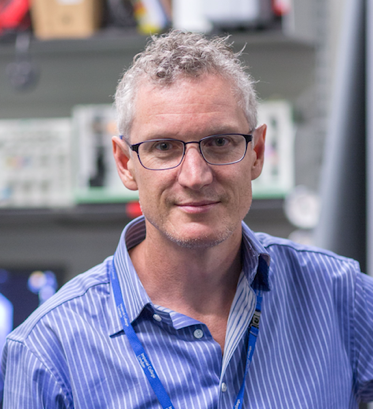
We are delighted to welcome Simon Schultz to the Unit for a year of sabbatical research. Simon is currently Reader in Neurotechnology, and Director of the Centre for Neurotechnology, at Imperial College London. His sabbatical in Oxford is co-hosted by Jesus College, where he is Visiting Senior Research Fellow.
Simon leads a joint experimental and computational neuroscience group, the Neural Coding Laboratory, and is an expert on quantitative techniques for the analysis of optical and electrophysiological neural data. He will use his time in the Unit to progress work on scalable information theoretic data analysis tools for neuroscience, as well as to advance new collaborations with several Unit Groups.
The Unit has been an external affiliate of Imperial College London’s Centre for Neurotechnology, including the EPSRC Centre for Doctoral Training in Neurotechnology for Life and Health, since July 2015.
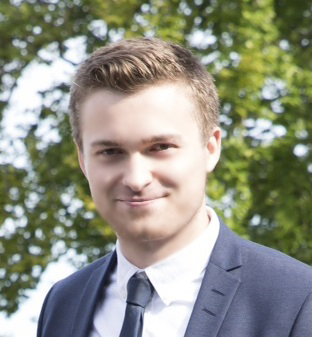
We are pleased to welcome Anders Christian Meidahl to the Unit. Anders has joined Professor Peter Brown’s Group as a D.Phil. student, and will study Parkinson’s disease and its treatment.
Anders graduated with a first-class degree in Medicine from Aarhus University, Denmark, and has since worked as a doctor in the Department of Neurosurgery at the National Hospital, University of Copenhagen. While pursuing his medical degree, Anders studied for a year at Stanford University School of Medicine, USA, under the supervision of Professor David Yeoman, where he used herpes-based gene therapy vectors to manipulate nociceptive neuron excitability after traumatic brain injury. This work won Anders the First Prize at the Danish Neurosurgical Society’s annual Research Competition. During his medical studies, Anders also received a scholarship to study the neuronal connections of the nucleus accumbens using MRI-guided retrograde tracing injections at the Center for Experimental Neuroscience, Aarhus University Hospital, and carried out a pilot Deep Brain Stimulation study to evaluate changes in neuroplasticity in areas connected to this nucleus.
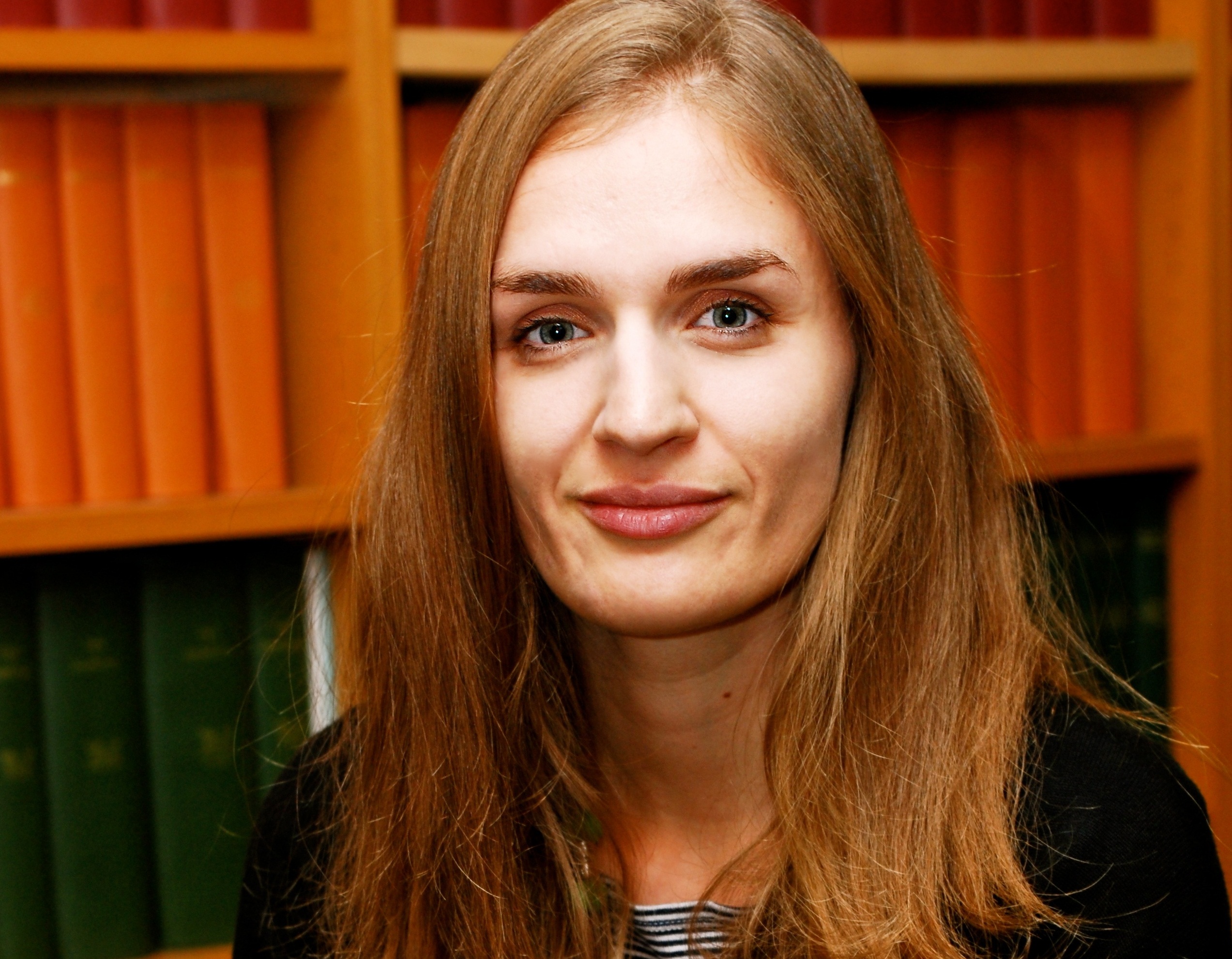
Congratulations to Unit scientist Dr Stéphanie Trouche who has been awarded a prestigious two-year NARSAD Young Investigator Grant by the Brain & Behavior Research Foundation.
NARSAD Young Investigator Grants provide support for the most promising young scientists conducting neurobiological research. The awards are geared towards enabling investigators to extend their research training with a view to transitioning to independence and leadership roles.
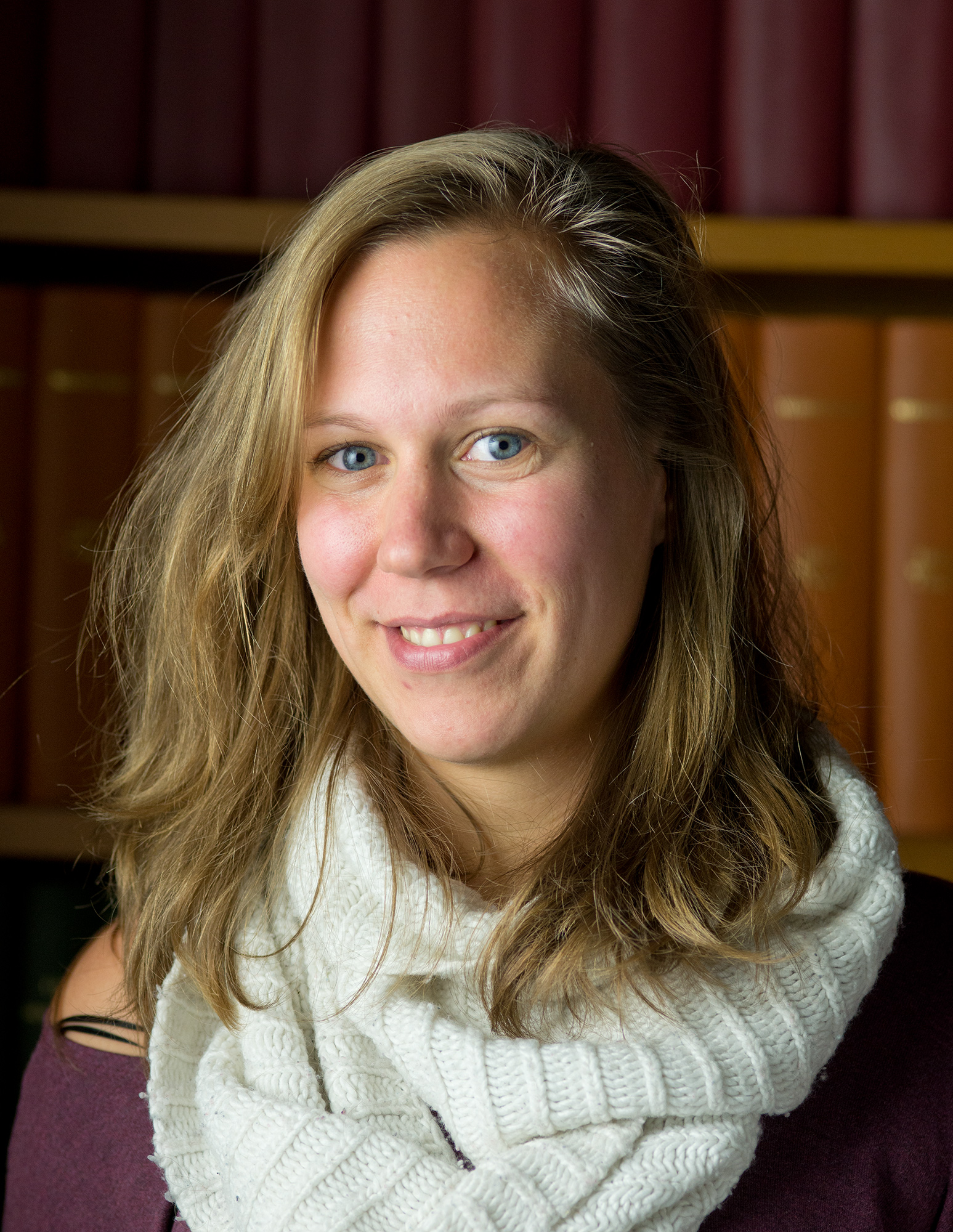
We are pleased to welcome Maaike van Swieten to the Unit as an MRC-funded D.Phil. student in Professor Peter Magill’s Group.
As part of Maaike’s M.Sc. in Neuroscience & Cognition, she completed a research internship at the University of North Carolina, USA, where she used optogenetic manipulations, neuroanatomical tracing techniques and behavioural assays to elucidate the role of lateral hypothalamic neurons in reward processing and feeding. During Maaike’s D.Phil. thesis work in the Unit, she will use similar techniques, together with electrophysiological recordings in vivo, to define the mechanisms by which basal ganglia cells and circuits support purposeful behaviours.
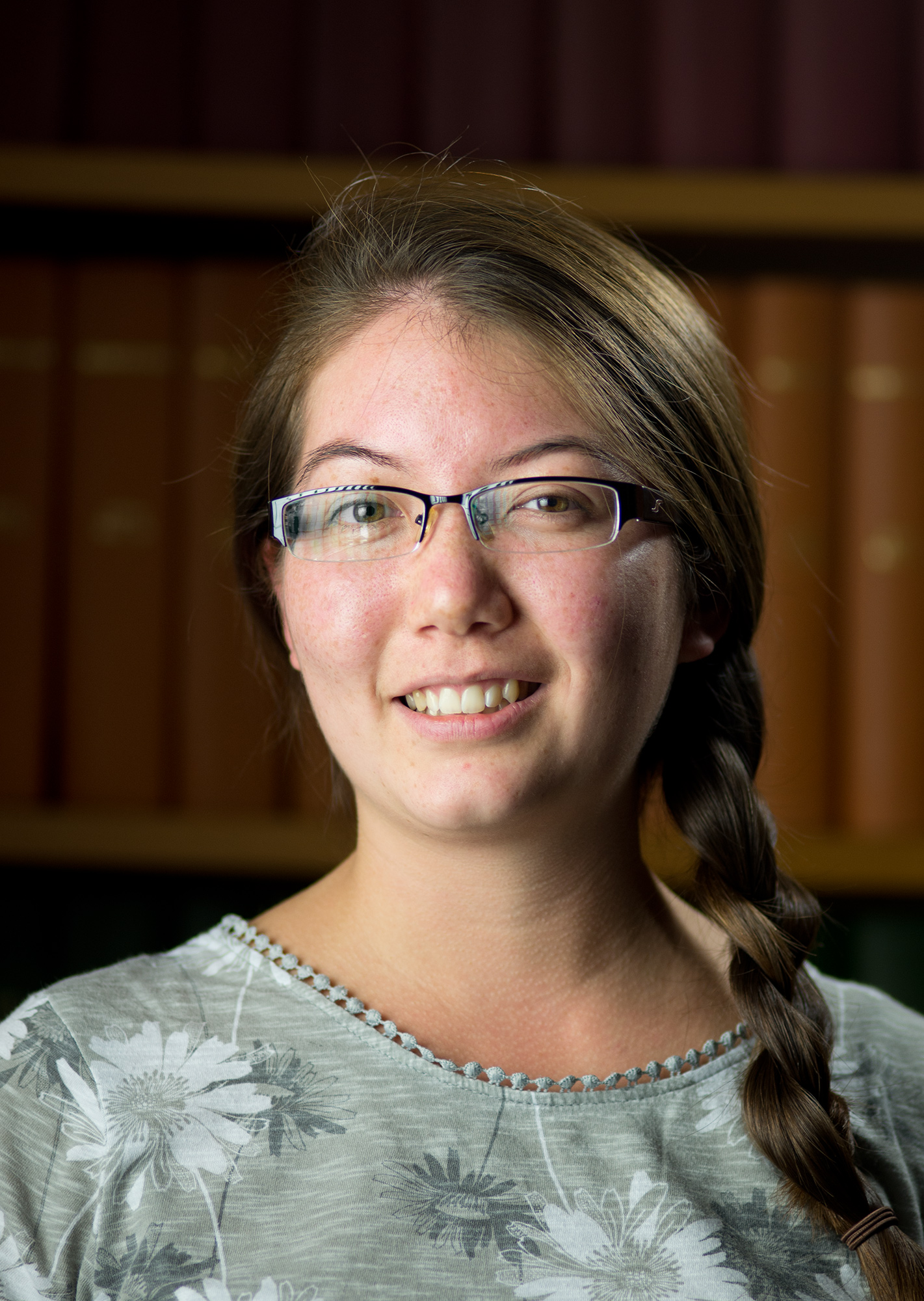
We are delighted to welcome Naomi Berry back to the Unit as a MRC-funded D.Phil. student in the Sharott Group.
After graduating from University College London in 2013 with a B.Sc. in Biomedical Sciences, Naomi worked in London and then in the Unit as a Research Technician, providing support for a variety of neuroscience projects. Naomi’s thesis research will be supervised by Dr Andrew Sharott, and will use a combination of electrophysiological and anatomical techniques to define the roles played by different types of motor cortical neuron in the generation of pathological oscillations in Parkinson’s disease.
